Why Disney Remakes Usually Fail
Although Disney has had its fair share of controversies, the legacy of Disney is its top-notch animated films. Stories like Finding Nemo, Ratatouille, and Wall-E – among others – have propped Disney up, so high, it almost seems as though their stories could never be tainted. Unfortunately, like many other studios, Disney has thrown out plenty of cash-grab reboots that have left a permanent mark on the legacies of the originals. Some of the most prominent examples, in my opinion, have been Aladdin, The Lion King, Mulan, and Beauty and the Beast.
Of all of these new remakes, I’ve only seen Aladdin and Beauty and the Beast. I have listened to multiple reviews of both Mulan and The Lion King, however, so I feel confident in giving criticism to each of these movies. I want to talk about why movies, like the ones mentioned above, almost never work, and why we should stop caring about them.
The first problem with these movies is their existence in the first place. Reviving a past film is only beneficial to the legacy of the original if it was made long before the release of the remake, or if the remake takes on an entirely new shape that evolves from the past story. Oftentimes, this is not the case. Most animated-to-live-action movies serve only one purpose, and that purpose is money. It’s easy to entice people with nostalgia-driven content, and these reboots do just that. People will watch these movies no matter what because the past entices people, especially in the realm of entertainment. The makers of these films know this, and that’s exactly the problem.
Beauty & the Beast is a great example of how not to make a reboot. The original film was gorgeous and inventive for its time. Its story was simple but never boring. The main issue with the reboot film isn’t the acting, the singing, or even the directing. The issue, rather, is that they changed almost nothing from the animated original, except for it now being live-action. This didn’t sit right with me, because it felt almost like plagiarism, even if it was made by the same media conglomerate. The creative spark of the original ceased to exist, causing me to sit there wondering the reasons for why this film needed to exist.
Similar to Beauty & the Beast, the 2019 reboot of Aladdin was lackluster for me. Although the casting wasn’t a miss, given they had to attempt to match Robin Williams’ performance as the genie, the film lacks originality. Everything done in the animated version to give the movie star power does quite the opposite in the live-action remake. Will Smith does a good job of keeping the movie interesting for the most part, but the zany and hilarious animation of the genie in the original is far superior in entertaining the audience, leaving a memorable impression. For stories like Aladdin that often rely on fantasy to drive the story, it’s not hard to see why this should have never been turned into a live-action film. In animation, the fantasy comes alive. In live-action, fantasy is often driven-out by the juxtaposition of the real human actors and the obviously fake special effects. One of the only films that makes this juxtaposition work is Who Framed Roger Rabbit?, the 1988 film that takes us on a satirical journey between cartoon and human. Overall, Aladdin was unnecessary. It didn’t do anything better than the original film, and the areas where it did succeed weren’t enough to bring it back from its faults.
The next movie on this list is The Lion King. Boosting a score of 52% on the Rotten Tomatoes Scale, this movie was special for all the wrong reasons. When I heard they were remaking this film, I was actually excited. The voice cast brought in people like Beyonce and Donald Glover – both extremely talented artists. Unfortunately, according to the majority of reviews following its release, it wasn’t nearly enough to make up for its failures, similar to the 2019 Aladdin film. Because real-life animal mouths do not communicate using human dialogue, the movie loses a lot of its serious notes, turning them into a ridiculous spectacle. In the animated film, the dialogue between characters makes sense because the audience is clearly aware that the characters are fictional. This repeating problem of converting the same ideas from the original into the live-action is the exact reason the reboots require consistent evolution, or else they fail in almost every regard.
The last film I want to discuss is Mulan. Being the most recent Disney remake to come out from this bunch, this movie was extremely controversial, but not for the same reasons as the other movies on this list. There is a current crisis in China involving the detainment of thousands of Uighur Muslims. Mulan’s setting is in China, and the actress who portrayed her onscreen came out online in support of the Hong Kong police. This sparked a very popular hashtag on Twitter, Instagram, and other social media applications: #BoycottMulan. Commenters online responded to Liu Yifei by saying Disney picked the worst actress possible to represent Mulan. One individual tweeted out explaining “how tone-deaf do you have to be to support police brutality when you just filmed a character who is supposed to stand against oppression in its raw form? Pound sand.”
Whether you agree or disagree with the response of opposition to the film, it’s clear that the original Mulan will forever be stained by the failures of the 2020 live-action version. Alike with the rest of the films I have discussed, I cannot stress the unnecessary nature of the reboot. Although it can be fascinating to see a story once told before being revived and given new legs, it’s disheartening to see the story do nothing but run without its true muscle. After consistent failures, I cannot see why rebooting any Disney movie would result in something uniquely beautiful. With the upcoming The Little Mermaid reboot, I hope some sort of attempt is made to reshape the past story into something modern. Disney is at its best when they are coming up with fresh ideas to inspire a new generation of children, like Coco or Moana. In order to prevent their legacy from being forever reflected in the lazy and uncreative efforts towards rebooting past stories, Disney should continue to pump out new content that will ultimately serve as nostalgia in the coming decades.

Sources:
Cheng, Roger. “Disney Plus’ Mulan Copies Star Wars and Marvel, in the Worst Way.” CNET, CNET, 4 Dec. 2020, www.cnet.com/news/disney-plus-mulan-copies-star-wars-and-marvel-in-the-worst-way/.
O’Hara, Helen. “The Lion King (2019).” Empire, Bauer Media, 12 July 2019, www.empireonline.com/movies/reviews/the-lion-king-2019/.
Your donation will support the student journalists of Mountainside High School. Your contribution will allow us to purchase equipment and cover our annual website hosting costs.

Currently an op-ed writer for The Peak, Kate Whitcomb joined the paper in hopes of strengthening her writing and team skills. She’s passionate about...



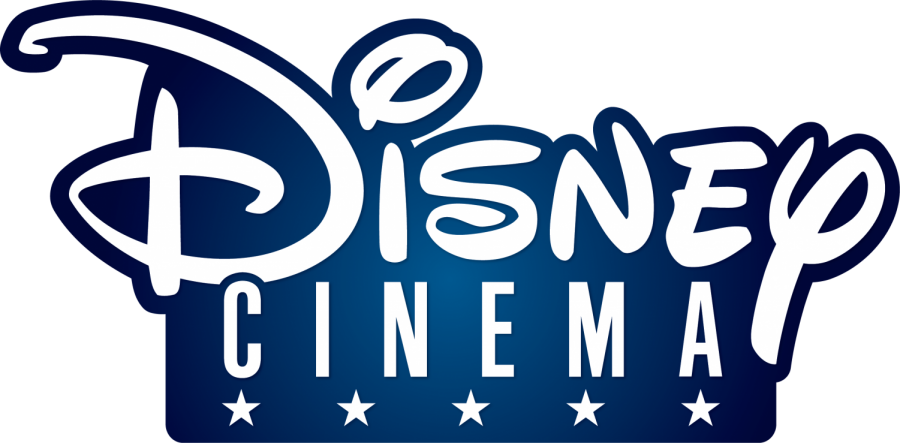
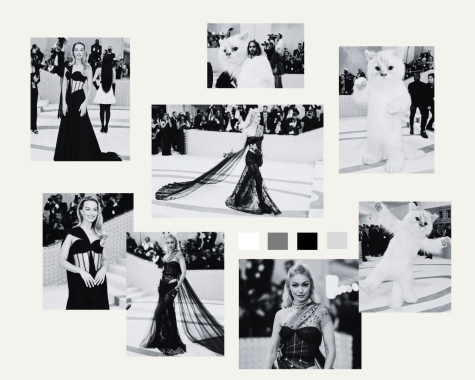
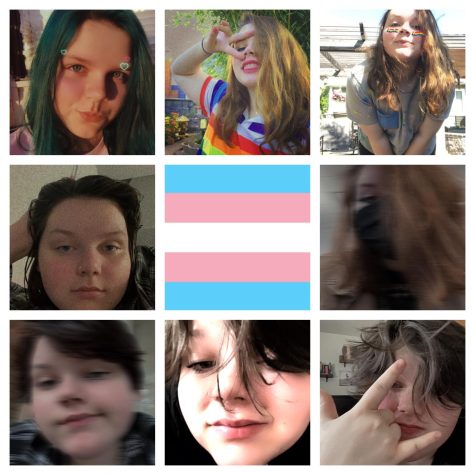
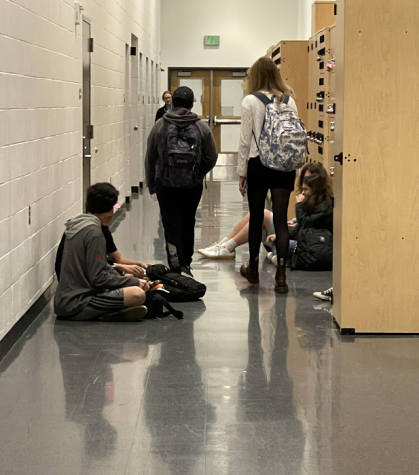

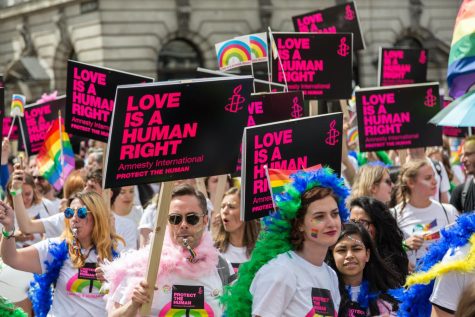
Salma M. • Feb 11, 2021 at 12:15 pm
I think Disney needs some original ideas so they don’t make the same mistake of making live-action reboots.